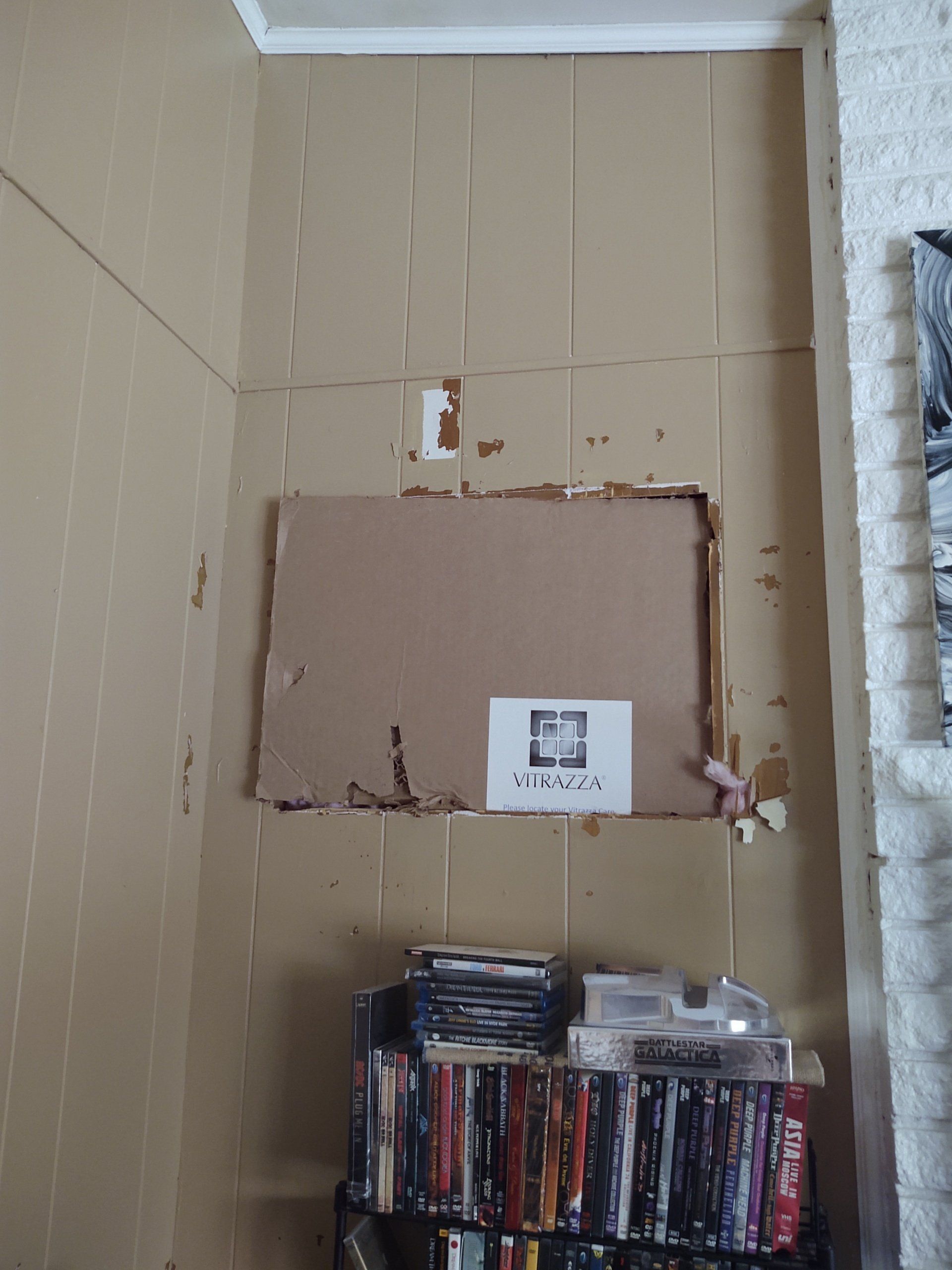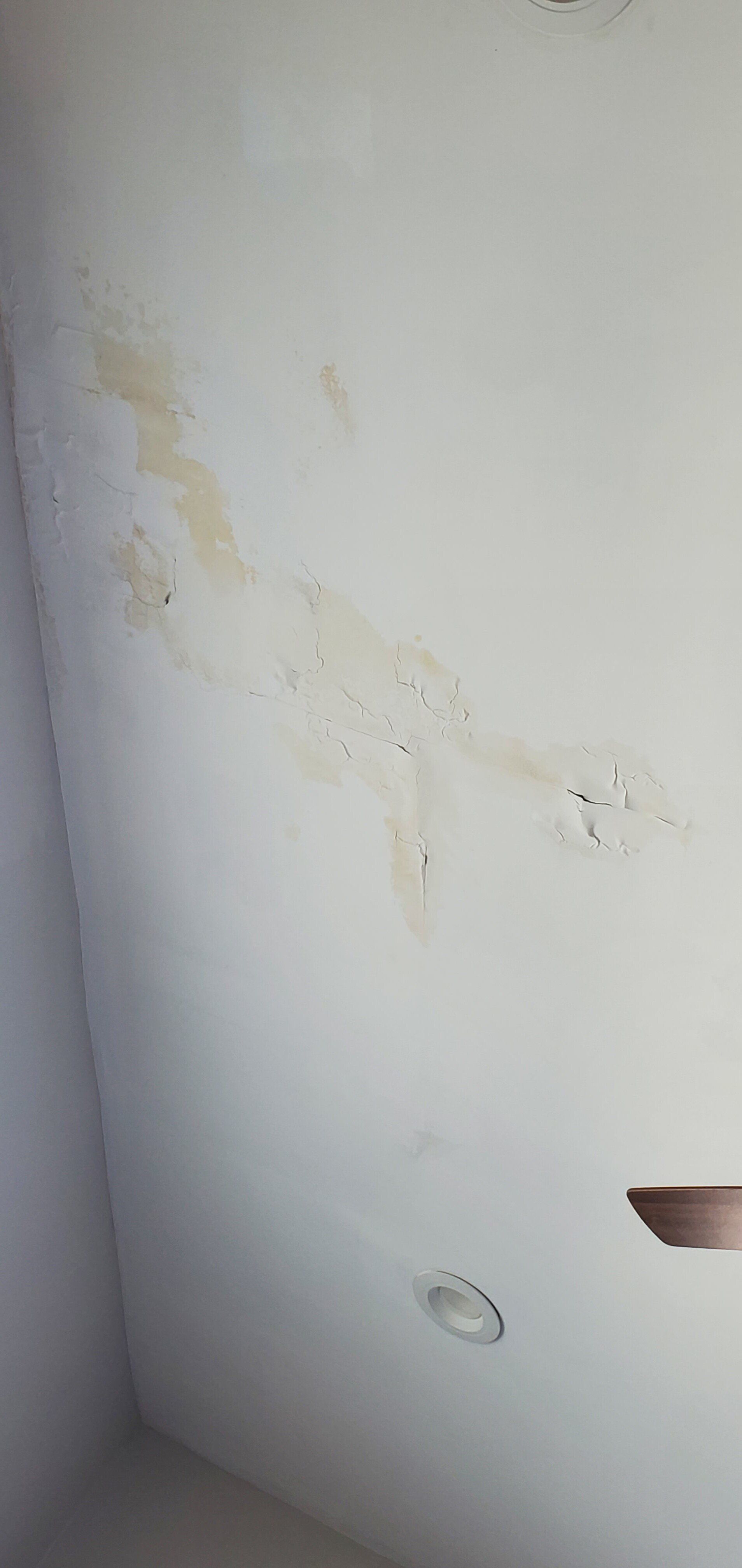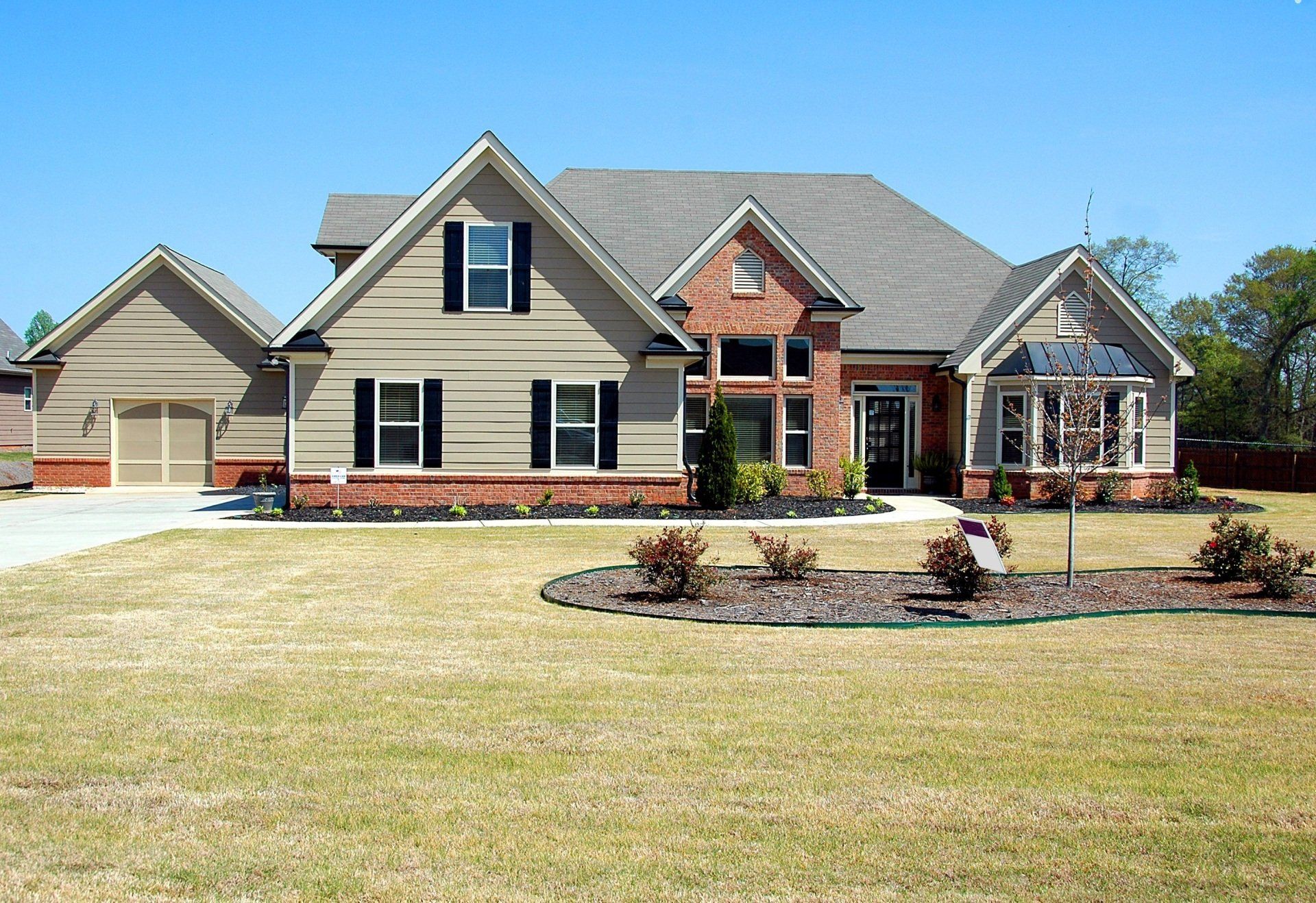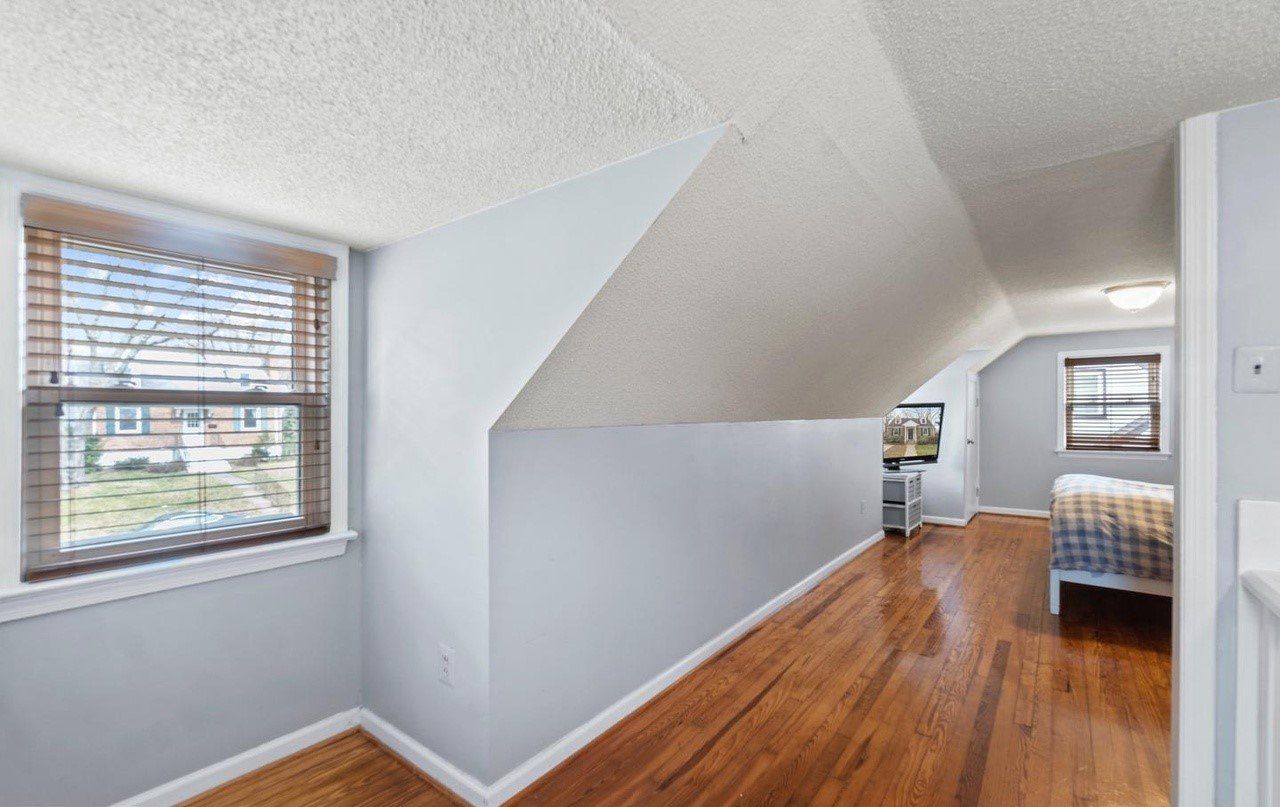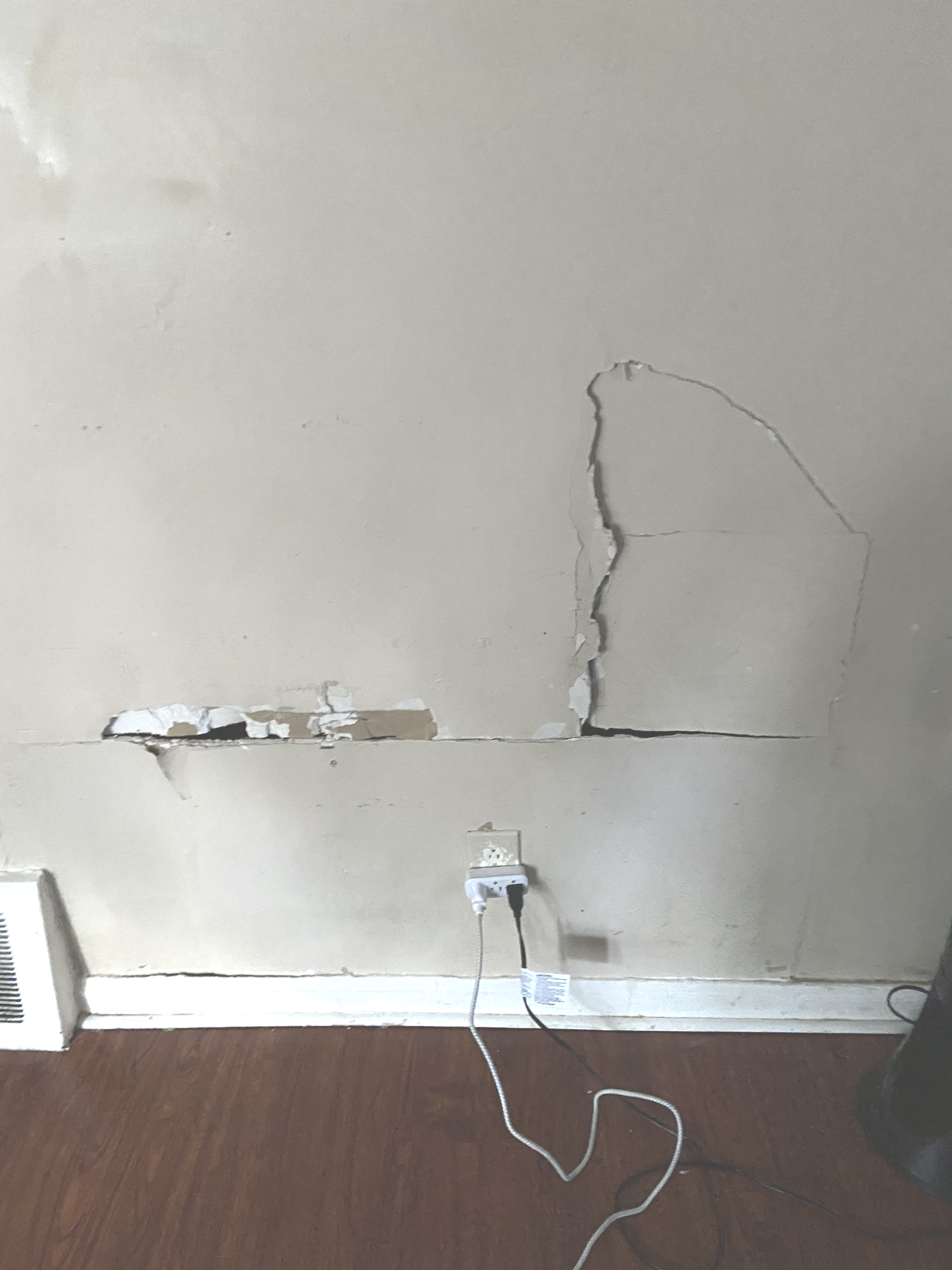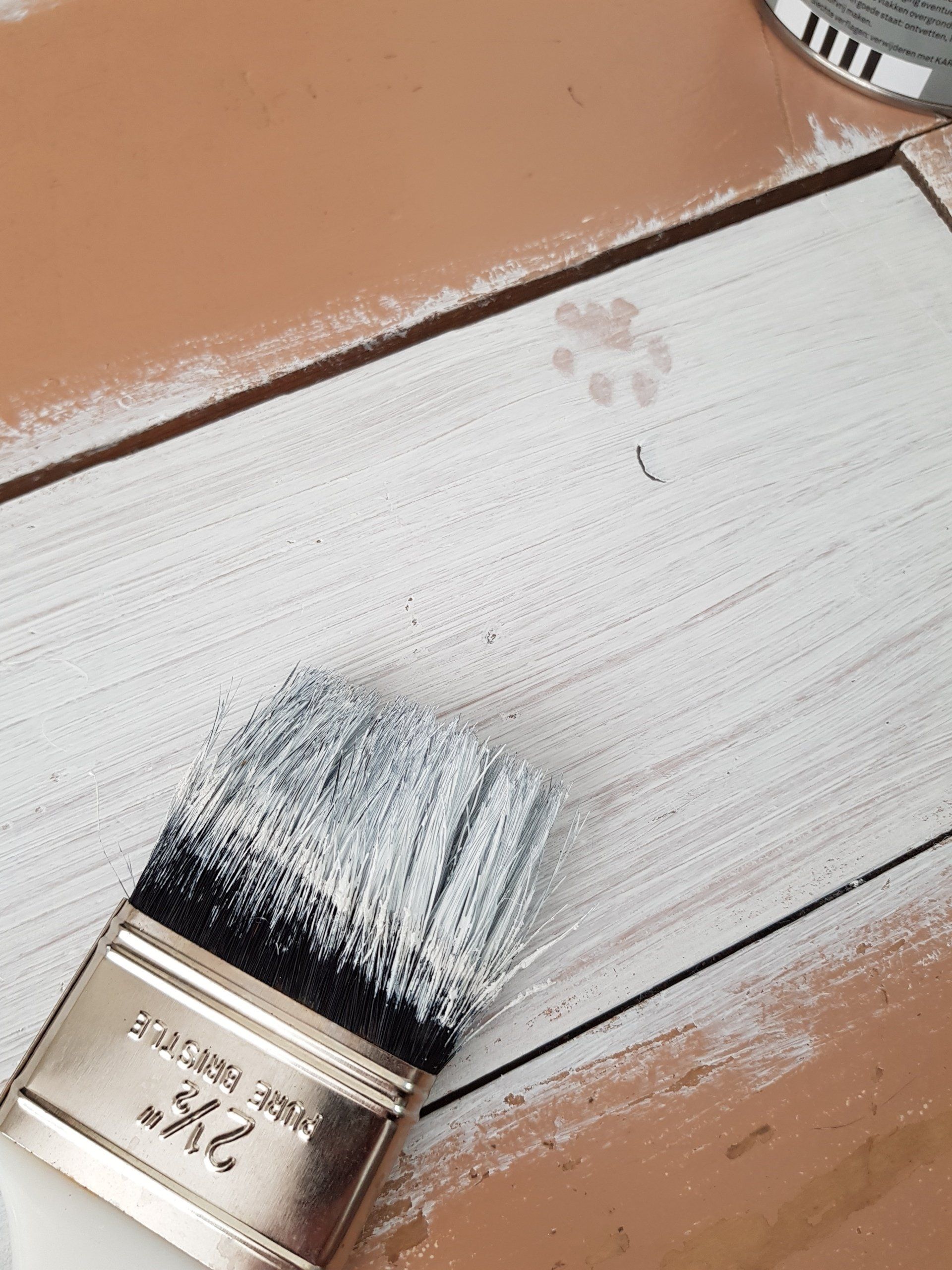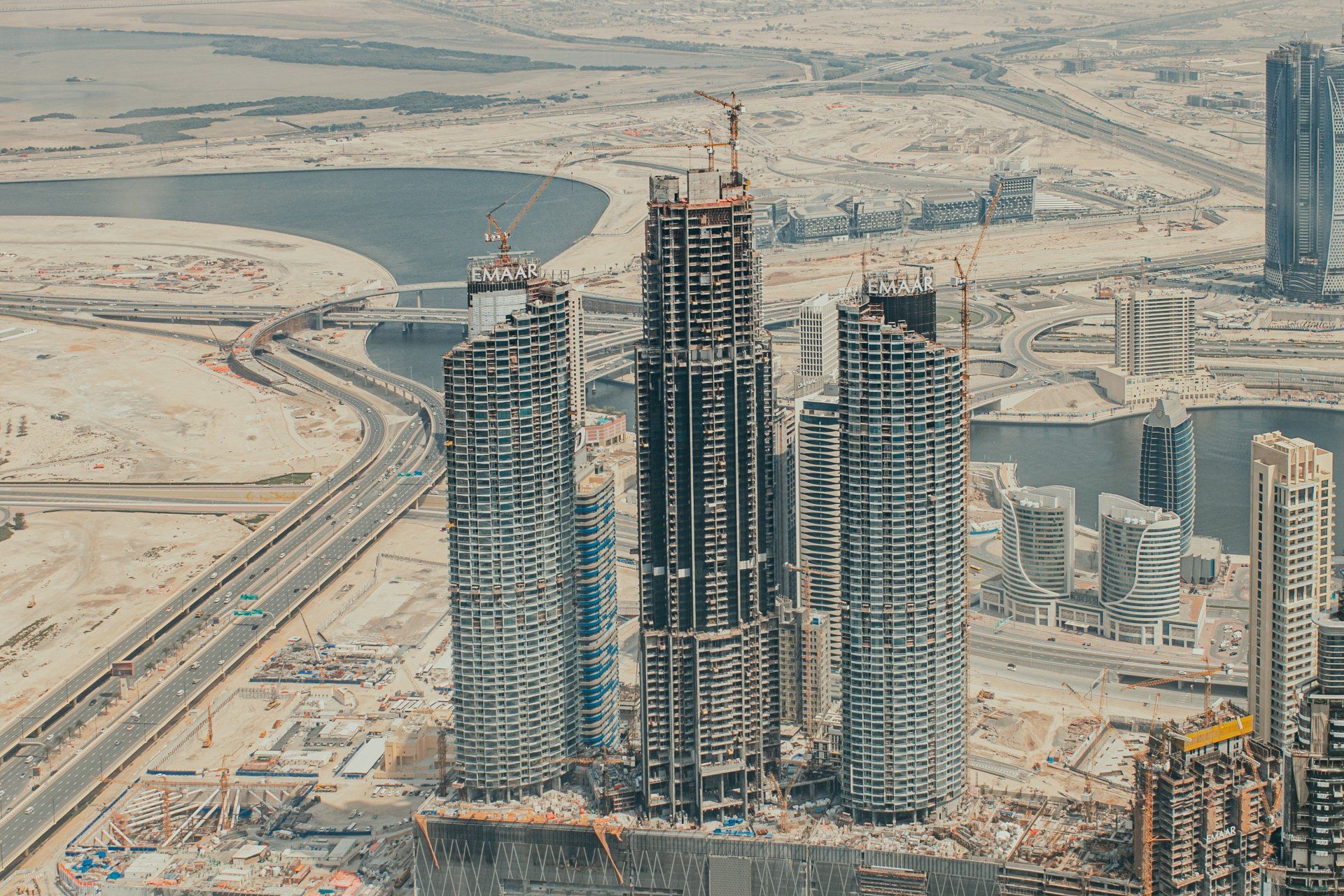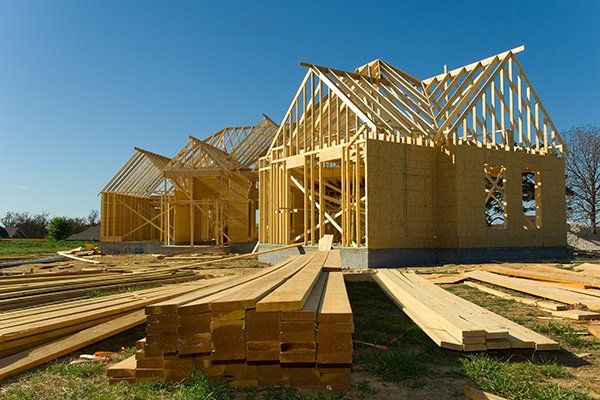The Art of Seamless Walls: Mastering Tape and Texture Techniques
Mastering Seamless Walls: Expert Insights into Tape and Texture Techniques
In the world of interior design and home renovation, the finishing touches on walls and ceilings play a pivotal role in transforming spaces. Among these, "tape and texture" techniques stand out as the unsung heroes that contribute significantly to achieving seamless and visually appealing walls. This article delves into the artistry behind tape and
texture drywall, shedding light on the meticulous process that ensures flawless finishes every time.
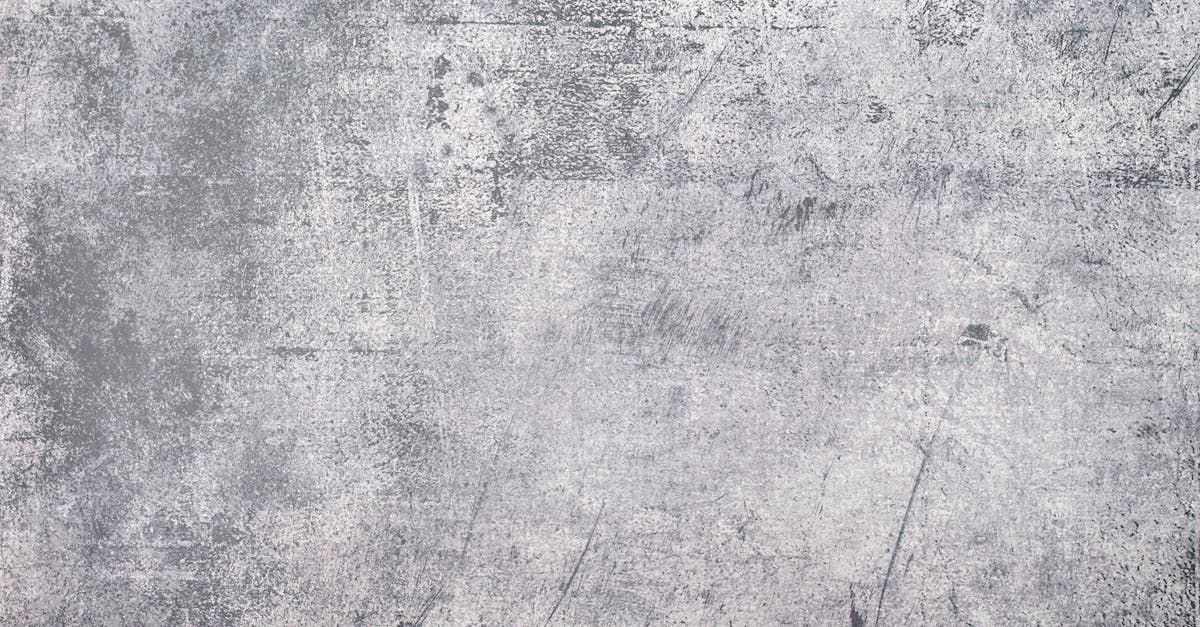
The Foundation of Flawless Finishes: Tape and Texture
At its core, "tape and texture" involves a two-step process crucial for preparing walls and ceilings for painting or the final finish. The first step, taping, involves applying a special paper or fiberglass tape along the seams of drywall panels. This is followed by the application of joint compound, commonly known as mud, which seals the tape, fills gaps, and smooths over any imperfections. The texture comes into play as the finishing touch, adding character, depth, and dimension to otherwise flat surfaces.
Tape and Texture Drywall: A Skilled Craft
"Tape and texture drywall" is not merely a job; it's a craft that demands precision, patience, and a keen eye for detail. Professionals skilled in this craft use various tools and techniques to apply the tape and mud, ensuring that the walls are perfectly smooth and ready for texturing. The choice of texture can range from subtle to dramatic, each requiring its own set of techniques and tools to achieve the desired effect.
Finding Tape and Texture Services Near You
For those looking to renovate or build, finding "tape and texture drywall near me" or "tape and texture near me" can be the first step towards ensuring that your walls are in the hands of experts. Professional drywall contractors specialize in this craft, offering services that ensure your walls and ceilings are not only structurally sound but also aesthetically pleasing.
The Art of Tape and Texture Walls
"Tape and texture walls" elevate the aesthetic of any room, adding an element of design that paint alone cannot achieve. Whether you're aiming for a subtle orange peel, a sophisticated knockdown, or an elaborate Venetian plaster finish, mastering the art of tape and texture is key. Each technique, from the initial taping to the final strokes of texture, plays a crucial role in creating walls that stand out for their smooth finish and detailed craftsmanship.
Mud, Tape, and Texture: The Trio of Perfection
The trio of "mud, tape, and texture" is indispensable in the drywall finishing process. Applying mud effectively requires an understanding of its consistency and drying time, which varies based on the environmental conditions and the type of finish desired. Only through years of experience can one master the delicate balance of applying just the right amount of mud, ensuring that the tape adheres properly, and achieving a texture that’s both beautiful and durable.
The Intricacies of Tape and Texture Techniques
Delving into the "tape and texture" process reveals a world of complexity and artistry. Each step, from the initial application of tape to the final touches of texture, requires a nuanced understanding of materials and techniques. For instance, when applying tape, professionals must ensure that it is smoothly laid down without bubbles or wrinkles, which could lead to cracks or uneven surfaces after the texture is applied. The type of tape used—be it paper or fiberglass—also plays a critical role in the outcome, with each offering different benefits in terms of durability and ease of use.
Customizing Textures: An Art Form
The texture phase of "tape and texture" is where creativity truly shines. Professionals can create a wide range of textures that can dramatically alter the appearance and feel of a room. Techniques such as stippling, combing, or even creating custom hand-troweled designs allow for personalization that reflects the homeowner's style and the room's purpose. This customization is what sets expertly finished walls apart, turning them into bespoke elements of interior design.
The Significance of Quality Materials in Tape and Texture
The choice of materials in the "mud, tape, and texture" process is pivotal. High-quality joint compound, for instance, not only ensures a smoother finish but also reduces the likelihood of future cracks or imperfections. Similarly, selecting the right type of texture material, whether it’s a pre-mixed solution or a custom blend, can influence both the application process and the longevity of the finish. Professionals often have preferred brands and mixes that they trust, based on years of experience in achieving optimal results.
The Role of Tape and Texture in Modern Design
In contemporary interior design, "tape and texture walls" serve not only as a background but also as a focal point in many spaces. Textured walls can add depth and interest to minimalist designs, serve as a counterpoint to sleek modern furniture, or warm up a room with subtle, tactile surfaces. This versatility makes tape and texture techniques an essential tool in the designer’s arsenal, capable of transforming spaces in subtle or striking ways.
Embracing Sustainability in Tape and Texture
As sustainability becomes more important in construction and renovation projects, the tape and texture process is also evolving. Professionals are increasingly seeking out eco-friendly materials for taping and texturing, from recyclable tapes to low-VOC compounds and textures. This shift not only benefits the environment but also contributes to healthier indoor air quality, making it a win-win for homeowners and professionals alike.
Conclusion: The Enduring Appeal of Tape and Texture
The art of "tape and texture" embodies the intersection of function and design, offering endless possibilities to enhance the character and quality of indoor spaces. As we’ve explored, this craft extends beyond mere technique, incorporating a deep understanding of materials, an eye for design, and a commitment to quality that collectively contribute to the beauty and longevity of finished walls. Whether you're embarking on a new construction project or refreshing an existing space, the skilled hands of a tape and texture professional can bring your vision to life with precision and artistry.
Ready to work with Fort Worth Drywall Contractor Services?
Let's connect! We’re here to help.
Send us a message and we’ll be in touch.
Or give us a call today at 111-222-3333
Agency Contact Form
We will get back to you as soon as possible
Please try again later
More Marketing Tips, Tricks & Tools
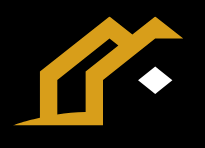
©Fort Worth Drywall Contractor Services
Get In Touch
© 2004 | Powered by UpShot
